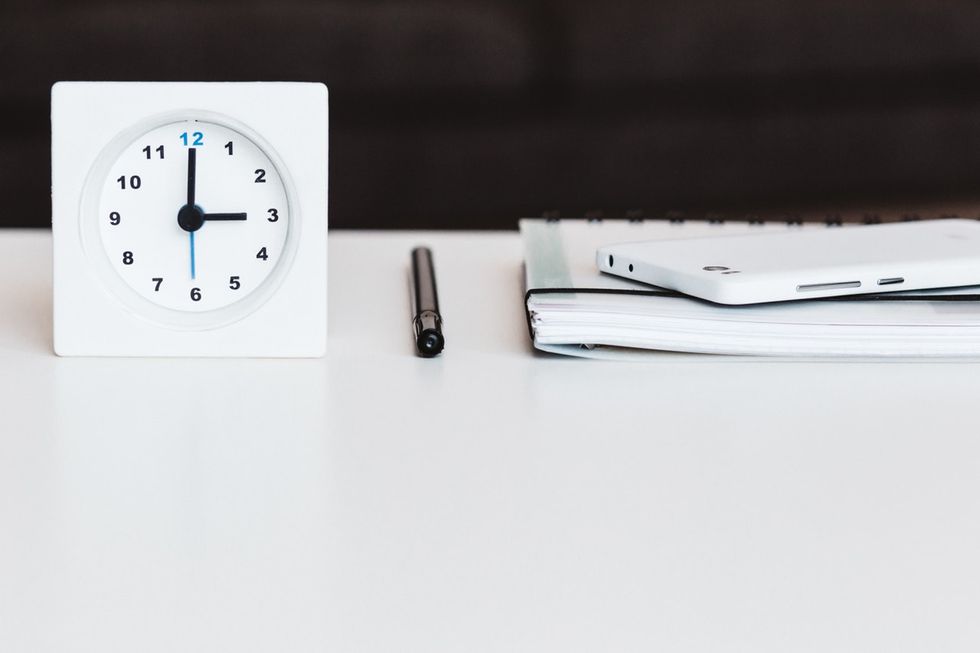I find it important to be going to school and working at the same time.
I think it teaches any student how to budget money and time efficiently since we'll be doing it the rest our lives. My favorite time during the school year to work is during the Fall semester because there is so much more you want to buy yourself during the fall and winter time.
You also have to think about getting presents for people, and how are you supposed to do that without having a job or money to begin with?
Something that school has always tried to teach us is to manage your time for a stress-free day. Well if you go to school full time, let's say 5 days a week in the morning/afternoon time period, that gives you the night to work and you can still do homework before or after work.
Or maybe even work the weekends only (a lot of seasonal jobs will have you work the weekend normally since that is the busiest time of the week). Most places that do seasonal jobs are retail, which going to school at the College of Charleston, it puts you in the prime location of SO MANY retail stores. If you don't mind driving there is also the Tanger Outlets, Northwoods Mall, Citadel Mall, and many more populated retail areas.
One great thing about working retail during a seasonal time is you make more than the year-round employees and you make commission off of sales. Most places go off whichever is higher for that day, so the more sales, the higher commission you have, and the more money you're making,
The most effective way I have found to go to school and work is to during the week, don't work 2 days (those will be when you do homework, or if you're like me you have night class and you go to tutoring for a class), then you work the other 3 days of the week and the weekend. That way you're still making enough money to support yourself and maybe spoil yourself as well, but you also aren't having to work a full-time job either.
During the holiday season, I tend to take a portion of my check to put into my checking account, usually about 20% and the rest into my savings. That way your savings is slowly growing but at the same time you have a little bit of spending money in your pocket.
You also learn how to budget that little bit of money between your paychecks so you aren't blowing it all at once; sadly I've done that a few times, but I don't anymore because I have learned. Another option if you aren't sure about how much you normally spend during that time period, take the 20% and exchange it for cash. Then you have a visual amount of money that helps you rationalize a little better because you're actually seeing where your money is going.





 mr and mrs potato head
StableDiffusion
mr and mrs potato head
StableDiffusion










